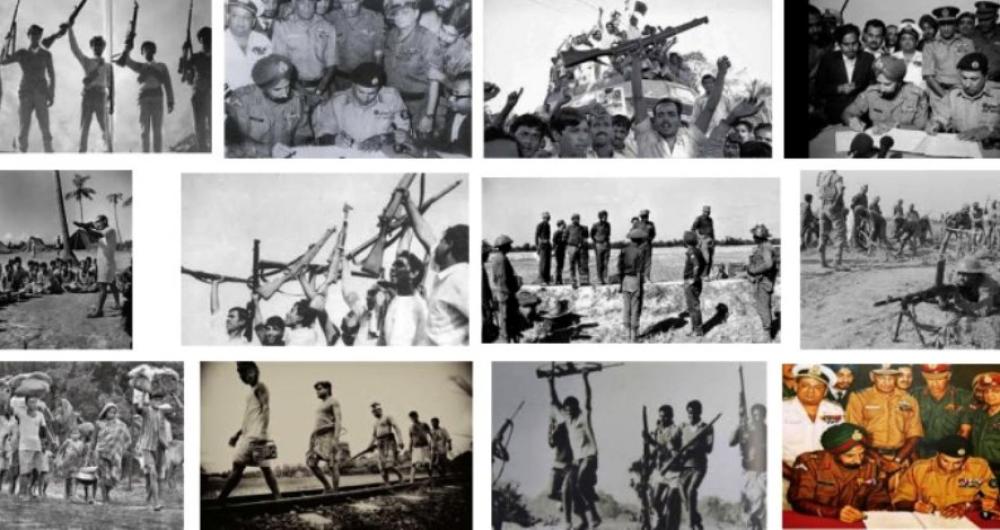Just Earth News | @justearthnews | 07 May 2018

Amsterdam: European Foundation for South Asian Studies (EFSAS) has said that the slaughter which took place during the 1971 Liberation War in Bangladesh stands out as one of the most 'abhorrent human rights transgressions' the world has ever seen.
"In the dark alleys of modern history, the slaughter that took place in Bangladesh, stands out as one of the most abhorrent human rights transgressions the world has ever seen," read an article published by EFSAS.
The 1971 Liberation War has narrated thousands of personal stories; blood leaks through the lines of these events when one reads them closely. It is evident that any long-lasting closure will be deficient unless the public recognizes its collective moral responsibility in finally bringing this deplorable chapter of human history to an end and learns from the failures of the past," it said.
"Not only in Bangladesh or Pakistan; This forgotten genocide and the world’s silence to it in 1971, makes a very strong case that warrants international atonement," said the study paper published under the title of 'Genocide Debate; A Conscientious Research'.
It said the genocide committed in 1971 was not only a domestic affair of the country.
"Often it is argued that history is written by the winners and that political and cultural leaders use their powerful venues to shape the public discourse and achieve their objectives. Indeed, in the case of Bangladesh, it is visible how a combination of those factors have prevented the perpetrators involved in those horrific events to face justice," it said.
The piece said: "However, after four decades, the Bangladeshi people have manifested that it is high time to reclaim back their past and rewrite their own history, where the atrocious deeds of those who have inflicted an irreversible long-lasting harm on them are no longer left unpunished."
Stating that further investigations are needed to be done in the issue, the paper said: "By international law, a tragedy of such proportions confers responsibility for investigating those war crimes not only on Bangladesh and its domestic courts but also on the entire international community, including India and Pakistan."
The genocide committed in 1971, is not simply a domestic affair; It might seem so legally, but it certainly is not morally and politically. Richard Nixon’s administration supported Pakistan, despite knowing that its financial aid and equipment were being used for perpetrating crimes against humanity. The UN remained numb while three million unarmed civilians were brutally annihilated," it said.